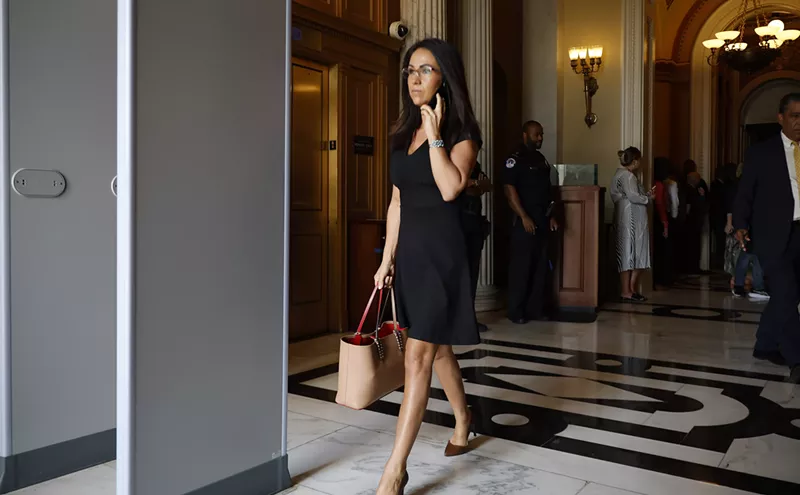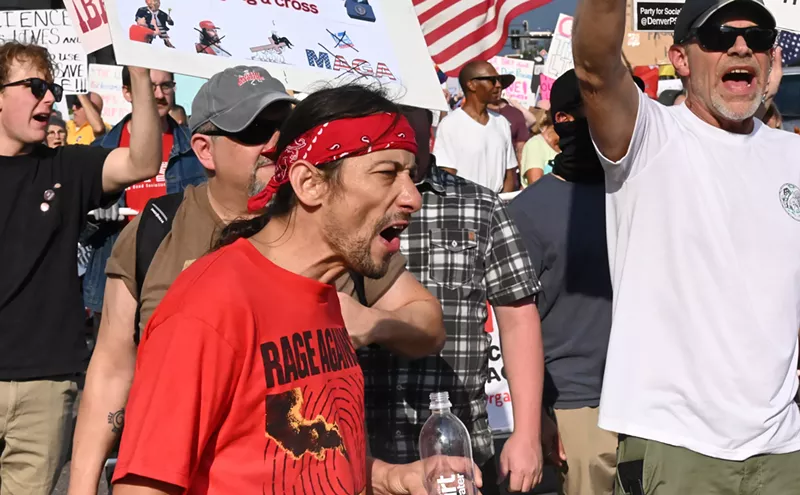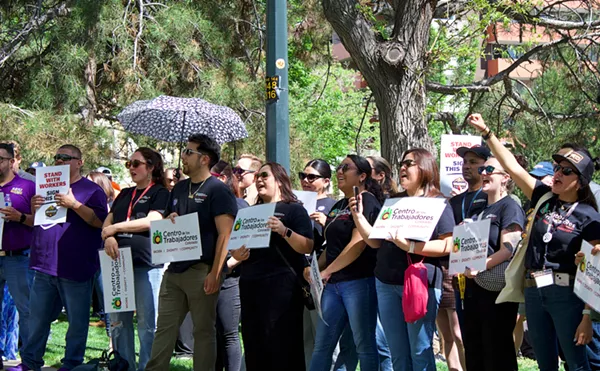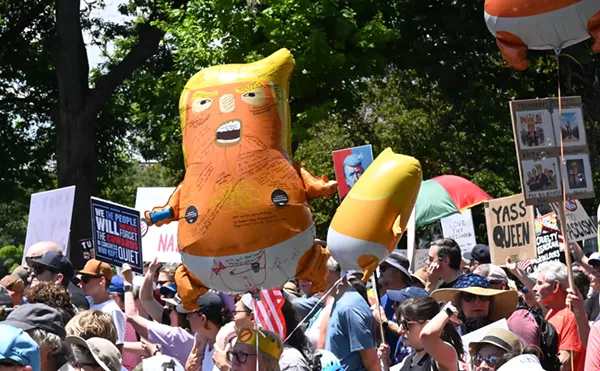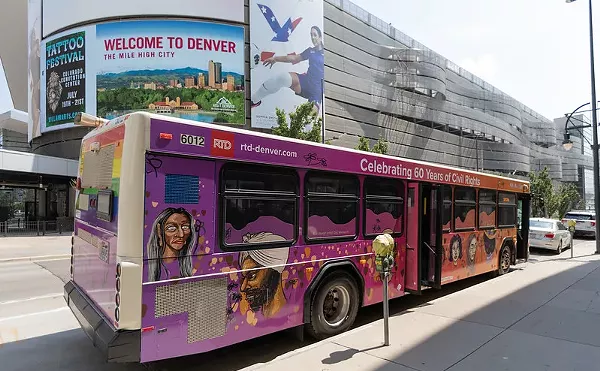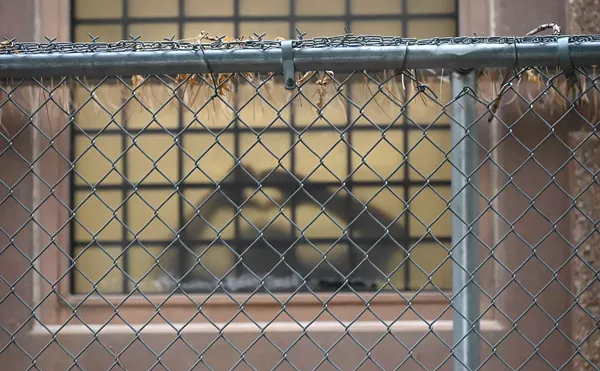When it comes to pot use, however, a number of major sports organizations are amending their policies related to positive tests -- and Marijuana Policy Project spokesman and Amendment 64 proponent Mason Tvert believes the NFL and other leagues would be well-advised to do the same.
"As more and more agencies and officials begin to recognize that marijuana is objectively less harmful than alcohol, they are reconsidering how they treat athletes who use marijuana off the field," Tvert says."Obviously, we don't see professional athletes being punished simply for having a beer or a glass of wine on a weekend during the off-season," he continues. "So there's absolutely no reason they should be punished for using a less harmful substance."
This isn't a new issue for Tvert. In 2007, when the Miami Dolphins' Ricky Williams applied for reinstatement to the NFL after a marijuana-related suspension, the activist and founder of SAFER (Safer Alternative For Enjoyable Recreation) helped coordinate the placement of a billboard near Mile High Stadium encouraging the running back to sign with Denver.
Here's a look at the billboard....
...and here's a photo of Tvert at a press event timed to the placard's unveiling: Then, this past March, after boxer Julio Cesar Chavez, Jr. was suspended from competition for nine months and fined $900,000 after a positive marijuana test, the MPP put up another billboard, this time in Las Vegas, decrying the punishment and arguing that such policies encourage abuse of alcohol.Continue for more about athletes and marijuana, including a look at the Julio Cesar Chavez Jr. billboard. Here's a photo of the Julio Cesar Chavez Jr. billboard:
Since then, assorted organization's have begun to modify their approaches toward positive marijuana tests. Here's an excerpt from a recent Marijuana Policy Project blog post, "Professional Sports Committees Rethinking Marijuana Rules:"In May, the organization that regulates the Olympics -- the World Anti-Doping Agency (WADA) -- made headlines when it ruled to increase the threshold of permissible marijuana in an athlete's system from 15 nanograms per milliliter to 150 ng/ml.Three weeks later, the MPP post notes that the UFC changed its marijuana rules to match WADA's -- and assorted state athletic commissions have met to discuss doing something similar. But the NFL and other governing bodies in major professional sports have resisted doing so in part because marijuana continues to be illegal at the federal level.The WADA based their decision on a few key factors, including changes in state marijuana laws, increasing public support for legalization, and the willingness of outed Olympians who were stripped of their medals or disqualified from competition (such as Michael Phelps, Nicholas Delpopolo, and Ross Rebagliati) to talk openly about their personal use. The goal of the new rules is to catch marijuana users who are competing under the influence, rather than those who smoked days or weeks earlier. In other words, the WADA is now treating marijuana like alcohol.
To Tvert, this is a specious argument. "We currently have a system in which 97 to 99 percent of our marijuana laws are enforced at the state and local level -- and we have seen that states are able to change their laws when it comes to marijuana."
In his view, the policies at athletic associations, pro-sports leagues and the like "should reflect that. These rules are intended to insure fairness and protect the safety of the players. And punishing athletes simply for using a substance less harmful than alcohol -- substances that are not performance-enhancing drugs -- does not fulfill either of those intended goals."
More from our Sports archive: "Photos: Top ten NFL players suspended for substance abuse -- before Von Miller."



